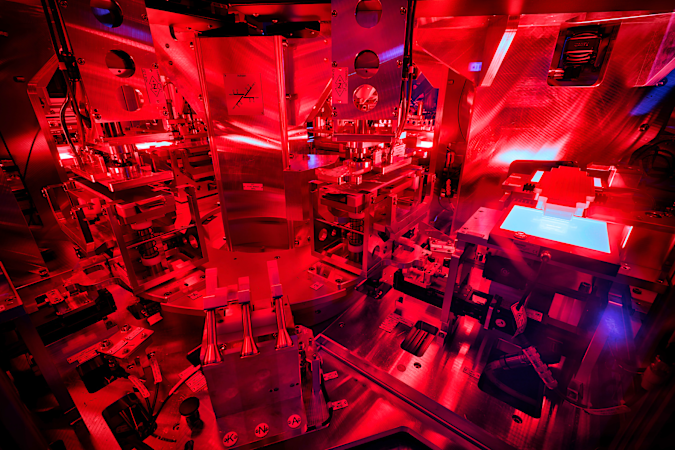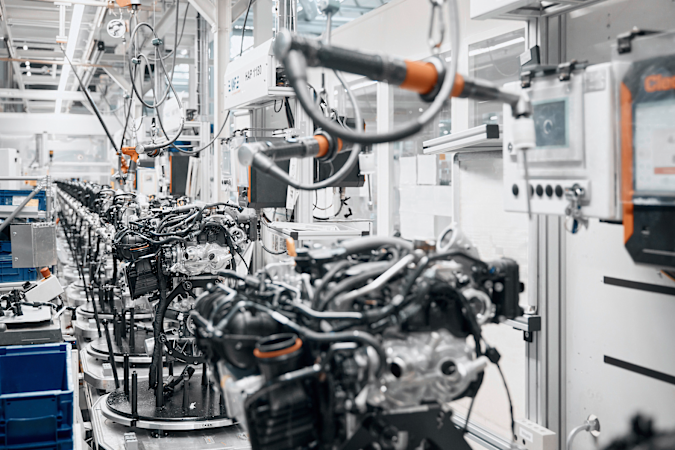With supply chains still in disarray and the war in Ukraine wreaking havoc on EV battery component commodity prices, many forward-thinking automakers are scrambling to secure not only stocks of the valuable metals like cobalt, lithium and nickel that go into EV batteries, but also the means of of building the batteries themselves. On Thursday, Volkswagen Group held a groundbreaking at the site of its forthcoming EV battery cell plant in Salzgitter Germany and announced the formation of a new company, PowerCo, which will be responsible for handling the VW Group’s burgeoning battery business.
“Today is a good day for the automotive industry in Germany and Europe,” German Chancellor Olaf Scholz said during the event. “Volkswagen is showing how the future of sustainable, climate-compatible mobility could look. Together, we are laying the foundation for shaping this future to a significant extent in Salzgitter.”
PowerCo will handle the Group’s global battery activities, from producing the batteries themselves to conducting R&D on new battery technologies to “products such as major storage systems for the energy grid,” per the announcement. Once the Salzgitter plant is operational, PowerCo will begin work on a second factory in Valencia, Spain with an eye on three further cell factories in Europe and potentially North America as well. Each of the European factories will reportedly operate using 100 percent renewable energy. In all, PowerCo aims to open a total of six battery factories in Europe producing a total of 240 GWh capacity every year (~6 million electric vehicles worth), which will help VW meet its 2030 goal of having at least half its lineup be EVs.

Stefan Warter
Operations across the various production facilities will be highly standardized. Everything from “equipment, buildings and infrastructure” to “products, processes and IT” will conform so that the entire production process can be more readily adapted to future “product and production innovations,” per the release.

(c) Sebastian Dorbrietz
The Salzgitter plant is expected to create 5,000 new jobs when it begins operations in 2025 with an annual capacity of 40 GWh (~500,000 electric vehicles worth). Some 20,000 positions are will need to be filled once the other European factories open, Daniela Cavallo, Chairwoman of the General and Group Works Council of Volkswagen AG, said.
All products recommended by Engadget are selected by our editorial team, independent of our parent company. Some of our stories include affiliate links. If you buy something through one of these links, we may earn an affiliate commission.